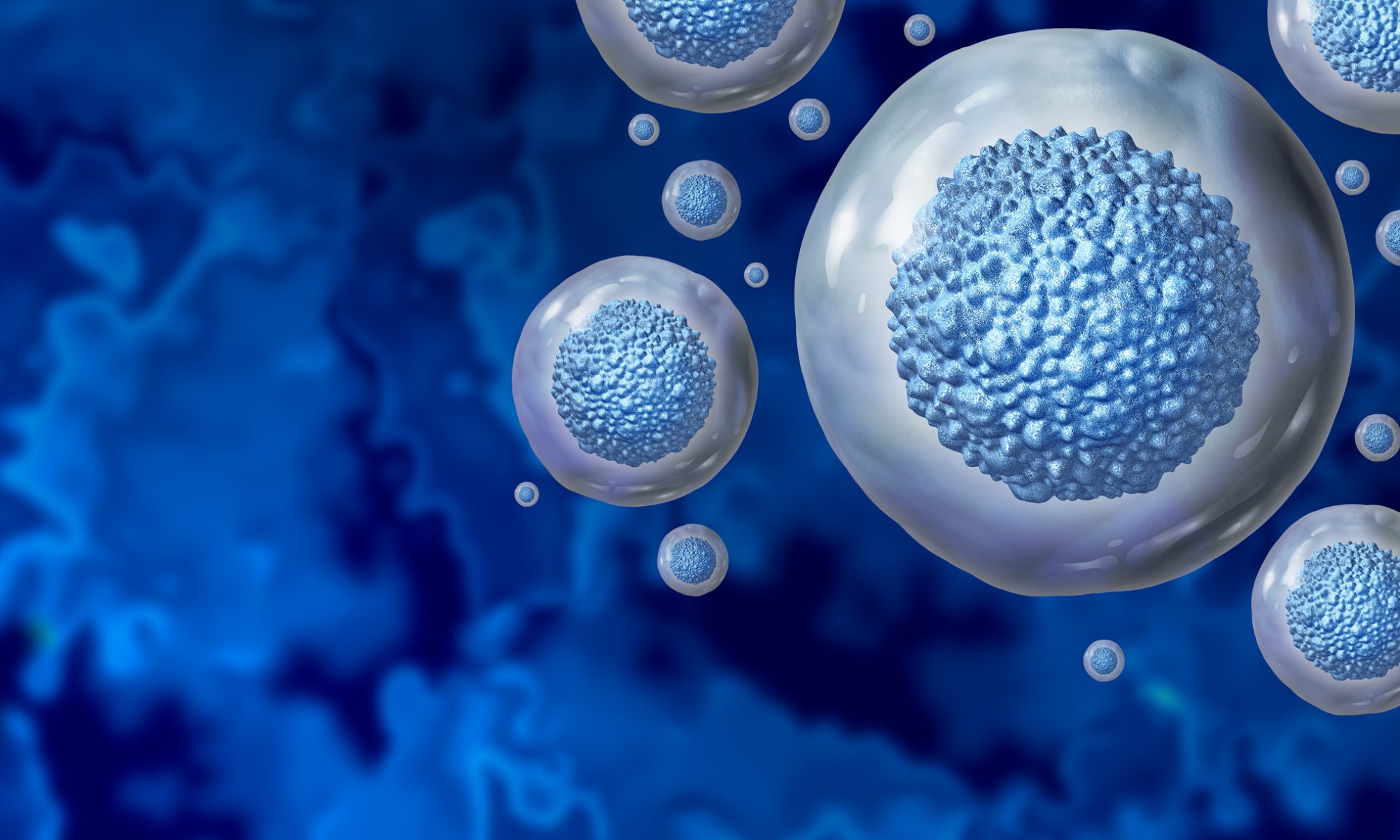In a new study, a team of researchers from the University of Missouri, Georgia Tech and Harvard University has demonstrated the successful use of a novel Type 1 diabetes treatment in a large animal model. Their approach involves transplanting insulin-producing pancreas cells -; called pancreatic islets -; from a donor to a recipient, without the need of long-term immunosuppressive drugs.
In people living with Type 1 diabetes, their immune system can malfunction, causing it to attack itself, said Haval Shirwan, a professor of child health and molecular microbiology and immunology in the MU School of Medicine, and one of the study’s lead authors.
Read more in News Medical Life Science.









